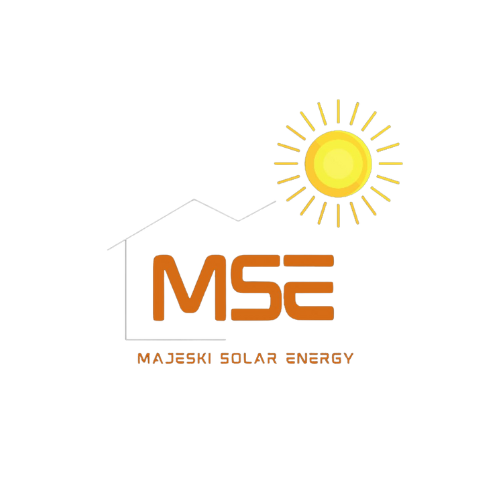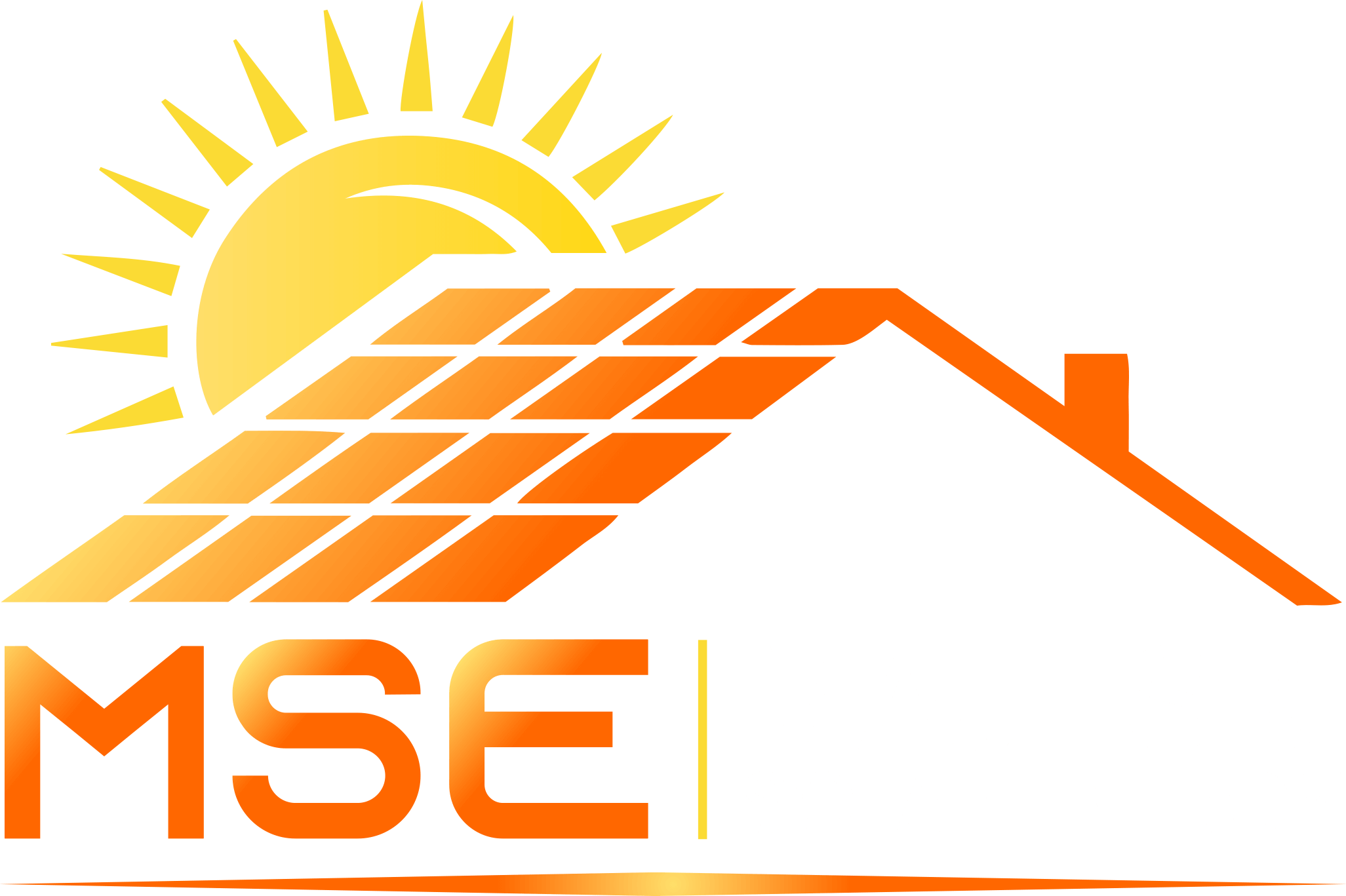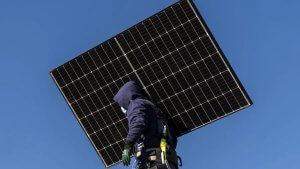
Home solar contract? If you are thinking about going solar, it’s important to understand what you will be signing before you sign up.

Before Signing A Solar Contract
Before you sign a solar contract, be sure you fully understand the terms—including what happens if a system component breaks or the manufacturer goes out of business—and don’t hesitate to ask questions. Check with your local government to find out if there are any solar consumer protection programs. The Interstate Renewable Energy Council (IREC)’s Consumer Solar Checklist can assist you in navigating the going-solar process.
Home Solar Contract overview
In this section, you will find details about your solar energy system, including the number of panels it possesses, the types of panels and inverters, manufacturer’s warranty, system location (how it will be oriented on your roof), and the system wattage, which is a measure of the amount of power your system can possibly produce. It may also include the date your system will be installed and operating, as well as its annual solar production value.
Solar Contract Financial Summary
A financial summary will show you how much money—materials, labor, and installation costs—as well as your estimated savings over the system’s lifetime, which is typically 20-30 years. You may also see the costs of permits and inspections, which can make up a sizable portion of your overall costs. The annual solar output in kilowatt-hours (kWh) you can expect from your system will likely be included here, as well as the cost value of solar output and the savings that result. Learn more about your financing options and the solar incentives in your state.
Electricity Usage: Details Of your Solar Contract
This is a preview of how much you can expect to pay for your monthly energy bills after you’ve set up your solar panels. Note that your savings depends on many factors, including your energy consumption, your system’s exposure to sunlight, net metering in your area, fixed connection rates, and local electricity rates. This may include estimated or guaranteed cost savings, or both.
Interconnection and Inspections
Before your installer can complete any work, they’ll need to obtain construction and electric work permits from the city or county. You or your installer will need approval from your utility for your PV system so the utility can connect it to the grid and potentially upgrade your meter. This will probably require a system inspection before interconnection and after a city or county inspection. Your installer should arrange these inspections, and the contract may say they must occur within 30 days of installation. If, for some reason, your system fails the inspection, installers will need to address the issue before interconnection can happen. Ask your local electric company whether there is a fee to connect to the grid.
majeski
Leave a Replay

About Majeski
Majeski Solar is a Solar Installer company, and Top Tier Solar Installer in Washington D.C.





